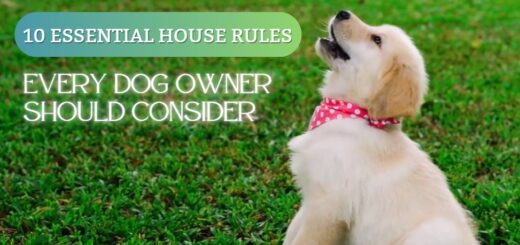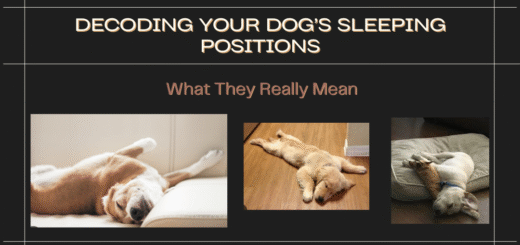How to Effectively Praise Your Puppy (Without Spoiling Them)
Bringing home a new puppy is equal parts thrilling and overwhelming. Between the adorable antics and those soul-melting puppy eyes, it’s easy to forget one crucial thing: shaping their behavior starts now. The secret? Praise that’s timely, meaningful, and—most importantly—something your pup actually cares about.
Why Praise Matters
Dogs aren’t born understanding human rules. They don’t instinctively know that chewing shoes is off-limits or that peeing on the rug isn’t “creative interior design.” Positive reinforcement bridges that gap. When you consistently reward good choices, your puppy learns faster, trusts you more, and (bonus) drives you less crazy.
Ways to Praise Like a Pro
- Verbal Enthusiast
- Ditch the robotic “good dog.” Try animated, specific praise like “Yes! Perfect sit!” or “Smart choice ignoring that squirrel!”
- Pro tip: Pair praise with a marker (like a clicker or a quick “yes!”) to pinpoint the exact behavior you’re rewarding.
- Treats—But Strategically
- Early on, treats are golden for reinforcing basics (sit, potty outside, not lunging at the mailman).
- Avoid overkill: Phase out constant treats by rewarding unpredictably (e.g., 3 out of 5 good behaviors) once they’ve got the hang of it.
- Play as a Reward
- Not all pups are food-motivated. A rousing game of tug or fetch can be even more exciting.
- Example: After a calm car ride, reward with a sprint around the park. They’ll connect good behavior with fun outcomes.
- Affection Overload
- Some dogs live for belly rubs and ear scratches. Lavish them when they’re behaving well—just avoid hyping up an already hyper pup.
- Life Rewards
- Use real-world perks like:
- A trip to their favorite sniff spot.
- Meeting a doggy friend after they’ve nailed a training session.
- A new chew toy for resisting the urge to gnaw your couch.
- Use real-world perks like:
Timing Is Everything
- Praise during or immediately after the good behavior. Waiting even 5 seconds can confuse them.
- Example: If they pee outside, cheer while they’re finishing—not once they’re back inside digging in your laundry.
What to Praise (Beyond the Obvious)
- The “Non-Behaviors”: Ignoring the cat, staying quiet when the doorbell rings, or choosing a toy over your slippers.
- Calm moments: Reward settling down on their bed instead of demand-barking.
- Social wins: Gentle play with other dogs or tolerating a toddler’s hug.
Pitfalls to Avoid
- Over-the-top energy: A shy pup might shut down from loud praise; match their temperament.
- Empty praise: Saying “good boy” 50 times a day dilutes its meaning. Be intentional.
- Missing opportunities: Notice the small stuff—like when they wait patiently for dinner instead of jumping.
The Bigger Picture
Praise isn’t just about obedience; it’s about communication. The more you acknowledge your dog’s good choices, the more they’ll trust you—and the fewer “bad habits” you’ll need to “fix” later.
Final Thought: Your puppy isn’t giving you a hard time; they’re having a hard time figuring out our weird human rules. Patient, consistent praise turns confusion into confidence.


